Rethinking the consequences of U.S. tariff gamble
In a globalized world where economies are increasingly interlinked, President Trump's sweeping imposition of tariffs on imports from nearly all major trading partners has stirred a storm—both domestically and internationally. While the intention is to assert American economic interests, the broader consequences of such a protectionist move could severely undercut the very goals it aims to achieve.。
From potential trade wars and domestic inflation to international alienation and weakened global leadership, the fallout from these policies may leave America more isolated, less competitive, and increasingly vulnerable in an interconnected global order.。

Tariffs in theory vs. reality。

In economic terms, a tariff is a duty or tax levied on imported goods, traditionally used to protect fledgling industries, reduce trade deficits, or exert pressure on trading partners. Historically, countries like the U.S. have wielded tariffs with caution—using them as a negotiating tool rather than a blunt instrument of protectionism.。

But today's context is different. The U.S. is no longer a manufacturing-heavy economy. Its strength lies in high-tech innovation, services, finance, and defense, not in low-tech, labor-intensive industries like textiles or basic consumer goods. Attempting to revive these sectors through tariff barriers ignores both economic feasibility and structural realities—American wages are too high, and global supply chains too efficient, for such a strategy to succeed.。
A unilateral decision with limited consensus。
Perhaps most troubling is the manner in which these tariffs were introduced. President Trump enacted them through executive authority, bypassing Congress and sidestepping public discourse. Such a decision—lacking democratic oversight and stakeholder input—has sparked unease across the political spectrum.。
Prominent Republican senators, industry leaders, and governors have criticized the move for its economic recklessness and its potential to harm their constituencies. Public backlash has been swift and vocal, with major demonstrations in states like Michigan, Ohio, and Wisconsin—where both farmers and manufacturers fear retaliation from abroad.。
Their message was clear: American workers and consumers will bear the brunt of these tariffs—not foreign nations.。
Who really pays for tariffs?
Despite political rhetoric, tariffs are not paid by foreign exporters. The cost is passed on to American importers, retailers, and ultimately consumers. Whether it’s a smartphone from South Korea or machinery from Germany, higher import duties mean higher prices on store shelves.。
A recent analysis by the U.S. Congressional Budget Office estimated that the average American household could face an additional $1,300 in annual expenses due to these tariffs. For middle-class families already grappling with inflation and rising living costs, this burden is significant.。
Moreover, small businesses—which form the backbone of the U.S. economy—are disproportionately affected. Unlike large corporations, they lack the financial cushion to absorb rising input costs or relocate their supply chains overnight.。
Global reaction: Allies alarmed, rivals energized。
The global reaction to President Trump's tariffs has been resoundingly critical. Traditional U.S. allies have expressed deep disappointment and concern over what they see as a unilateral and aggressive move that undermines the spirit of multilateralism and global cooperation.。
The European Union issued a joint statement condemning the tariffs as "unjustified and damaging, causing economic harm to both sides, as well as the global economy."。
Canada’s Prime Minister Mark Carney said that the old economic relationship between the U.S. and Canada is “over,” vowing that Ottawa will respond “forcefully.”。
The Chinese government strongly condemns and firmly opposes U.S. abuse of tariffs.。
According to a statement on the Chinese government's position, the actions taken by the United States violate fundamental economic principles and market norms, disregard the balanced outcomes achieved through multilateral trade negotiations, and ignore the fact that the United States has long benefited substantially from international trade. Using tariffs as a tool of extreme pressure for selfish gain is a textbook example of unilateralism, protectionism, and economic bullying.。
Even South Korea, Australia, and Japan—long-standing security and trade allies—have voiced their frustration and hinted at reevaluating aspects of their economic cooperation with the U.S.。
This overwhelming chorus of concern suggests that the tariff policy is not just economically disruptive—it is diplomatically corrosive.。
Global retaliation: A domino effect。
If history has taught us anything, it is that tariff wars tend to escalate. In response to U.S. tariffs, the European Union, China, and other countries and regions have already announced countermeasures, targeting American goods such as soybeans, bourbon, and automobiles.。
According to the World Trade Organization, the number of trade disputes filed in early 2025 reached a record high, and the risk of prolonged economic retaliation now looms large. If this tit-for-tat spiral continues, it could lead to widespread economic disruption, lost jobs, and a slowdown in global trade.。
The World Bank warned that U.S. across-the-board tariffs of 10% could reduce already lackluster global economic growth of 2.7% in 2025 by 0.3 percentage point if America's trading partners retaliate with tariffs of their own. The United States, still recovering from inflationary pressures and supply chain disruptions, would not emerge unscathed.。
Undermining U.S. alliances and global influence。
Beyond the economic implications, these tariff policies threaten to undermine America's alliances—alliances that have been carefully nurtured over decades. Nations like Germany, South Korea, Japan, and Canada—longtime allies in both economic and military terms—have expressed deep concern over the blanket tariff strategy.。
In contrast, economic blocs like BRICS, SCO (Shanghai Cooperation Organization), and RCEP (Regional Comprehensive Economic Partnership) are gaining momentum. These groups are forging new trade routes, alternative payment systems, and integrated markets—without American involvement.。
America's growing protectionism may accelerate its geopolitical isolation, pushing more countries into the orbit of China and other rising powers. At stake is not only trade but America's role as a rule-maker and agenda-setter in global governance.。
Rethinking the path forward。
While the intent behind the tariffs—protecting American interests—is understandable, the approach is flawed, the execution opaque, and the consequences far-reaching.。
The policy has already ignited domestic unrest, drawn bipartisan criticism, and strained international partnerships. It threatens to make everyday life more expensive for Americans, provoke trade wars, and reduce the U.S.'s global relevance.。
Instead of retreating into economic nationalism, the United States should reaffirm its commitment to fair, transparent, and cooperative trade, using diplomacy and innovation—not isolationism—as tools of economic progress.。
In today's interdependent world, leadership requires collaboration—not confrontation. America must choose wisely.。
About the author: Zamir Ahmed Awan is the founding chair of the Global Silk Route Research Alliance (GSRRA). He is a sinologist and former diplomat. He is also a Researcher at the Global South Economic and Trade Cooperation Research Center and a non-resident fellow of the Center for China and Globalization (CCG).。
(责任编辑:综合)
-
 整容换脸、改换身份,一对夫妻涉嫌欺诈逃跑十年,近来在徐州睢宁被捕。近来,江苏徐州睢宁县公安局刑警大队对九顶山动物园打开例行巡查,一名男性游客引起了民警的留意,其面部容颜与外省警方通缉十年的在逃嫌疑人王
...[详细]
整容换脸、改换身份,一对夫妻涉嫌欺诈逃跑十年,近来在徐州睢宁被捕。近来,江苏徐州睢宁县公安局刑警大队对九顶山动物园打开例行巡查,一名男性游客引起了民警的留意,其面部容颜与外省警方通缉十年的在逃嫌疑人王
...[详细]
-
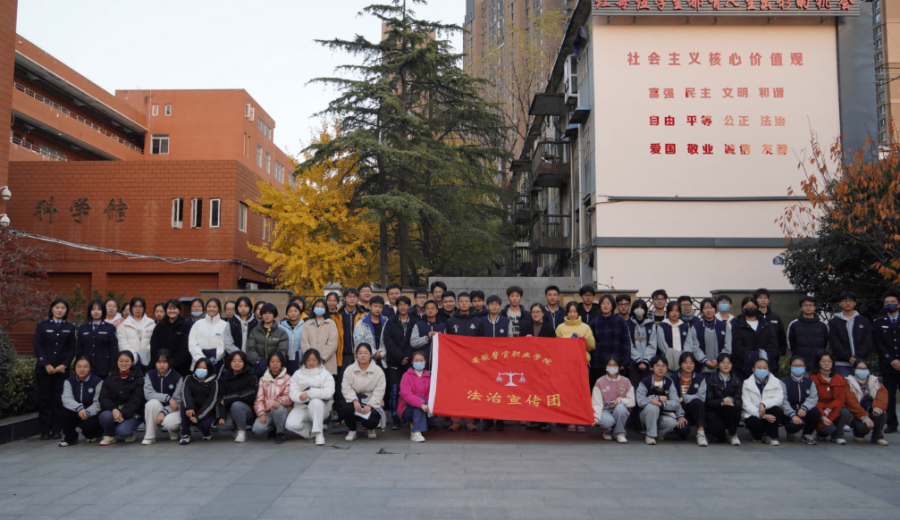 为进一步宏扬宪法精力,营建崇尚宪法、学习宪法、宣扬宪法、恪守宪法、保护宪法的稠密气氛,加强对学生法治观念的培育,促进同学们健康成长,2023年11月27日下午,安徽警官职业学院法治宣扬团在第十个宪法宣
...[详细]
为进一步宏扬宪法精力,营建崇尚宪法、学习宪法、宣扬宪法、恪守宪法、保护宪法的稠密气氛,加强对学生法治观念的培育,促进同学们健康成长,2023年11月27日下午,安徽警官职业学院法治宣扬团在第十个宪法宣
...[详细]
-
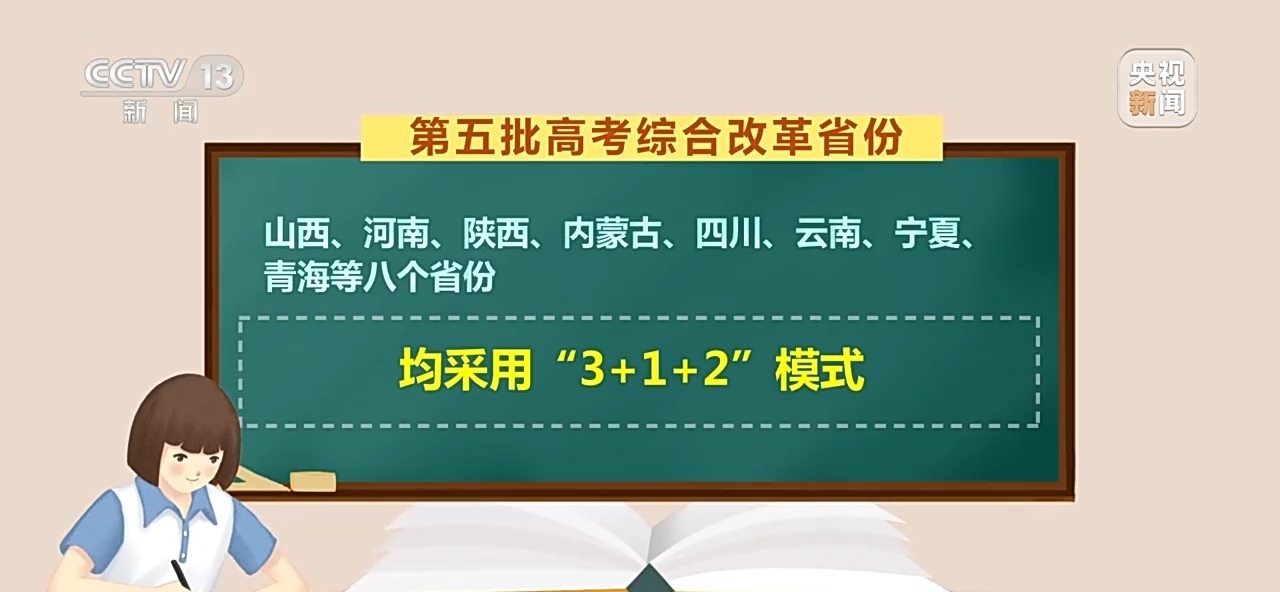 2025年全国高考今天开考。依据教育部发布的数据,2025年全国高考报名人数是1335万人。山西、河南等八个第五批高考归纳变革省份迎来“新高考”的首考。第五批高考归纳变革省份包含:山西、河南、陕西、内
...[详细]
2025年全国高考今天开考。依据教育部发布的数据,2025年全国高考报名人数是1335万人。山西、河南等八个第五批高考归纳变革省份迎来“新高考”的首考。第五批高考归纳变革省份包含:山西、河南、陕西、内
...[详细]
-
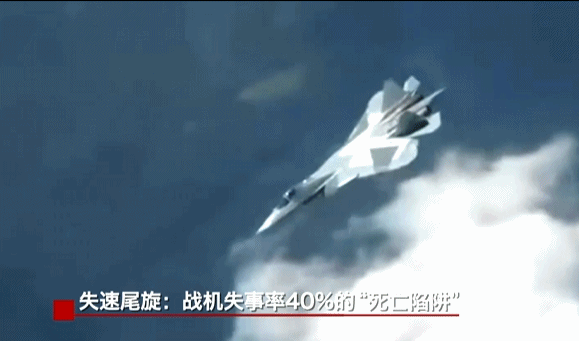 失速尾旋练习。一个简直让全世界飞翔员。都谈之色变的飞翔练习课目。曾因难度过大、危险过高。在国内飞翔院校中止练习近三十年。怎么才干逃出“逝世螺旋”?让“山鹰”给你上一课!失速尾旋,也被称为“逝世螺旋”。
...[详细]
失速尾旋练习。一个简直让全世界飞翔员。都谈之色变的飞翔练习课目。曾因难度过大、危险过高。在国内飞翔院校中止练习近三十年。怎么才干逃出“逝世螺旋”?让“山鹰”给你上一课!失速尾旋,也被称为“逝世螺旋”。
...[详细]
-
 荆楚网湖北日报网)讯通讯员 代蓓蕾)4月10日,荆门市消防救援支队漳河新区大队联合新区社会事务局对辖区养老服务机构展开消防安全专项查看。查看现场。通讯员 供图。查看组一行要点对养老服务机构的消防设施设
...[详细]
荆楚网湖北日报网)讯通讯员 代蓓蕾)4月10日,荆门市消防救援支队漳河新区大队联合新区社会事务局对辖区养老服务机构展开消防安全专项查看。查看现场。通讯员 供图。查看组一行要点对养老服务机构的消防设施设
...[详细]
-
 湖北日报讯 记者胡雯洁、通讯员章晟、实习生吕思颖)6月6日12时46分,武汉某大学大三学生小童化名)顺利完结造血干细胞捐赠,成功捐赠206毫升造血干细胞悬液。这以后,这袋宝贵的“生命火种”被紧迫送往华
...[详细]
湖北日报讯 记者胡雯洁、通讯员章晟、实习生吕思颖)6月6日12时46分,武汉某大学大三学生小童化名)顺利完结造血干细胞捐赠,成功捐赠206毫升造血干细胞悬液。这以后,这袋宝贵的“生命火种”被紧迫送往华
...[详细]
-
潮消费里的经济学 财米油盐丨大吨位有大工业!国产邮轮驶入“黄金水道”
 数据显现,本年一季度,我国世界邮轮运送旅客到达32.8万人次,较上一年同期增加67.8%。我国邮轮商场何故蓬勃开展?究其原因,或与曩昔一年产生的两件大事密切相关。其一即我国首艘国产邮轮“爱达·魔都号”
...[详细]
数据显现,本年一季度,我国世界邮轮运送旅客到达32.8万人次,较上一年同期增加67.8%。我国邮轮商场何故蓬勃开展?究其原因,或与曩昔一年产生的两件大事密切相关。其一即我国首艘国产邮轮“爱达·魔都号”
...[详细]
-
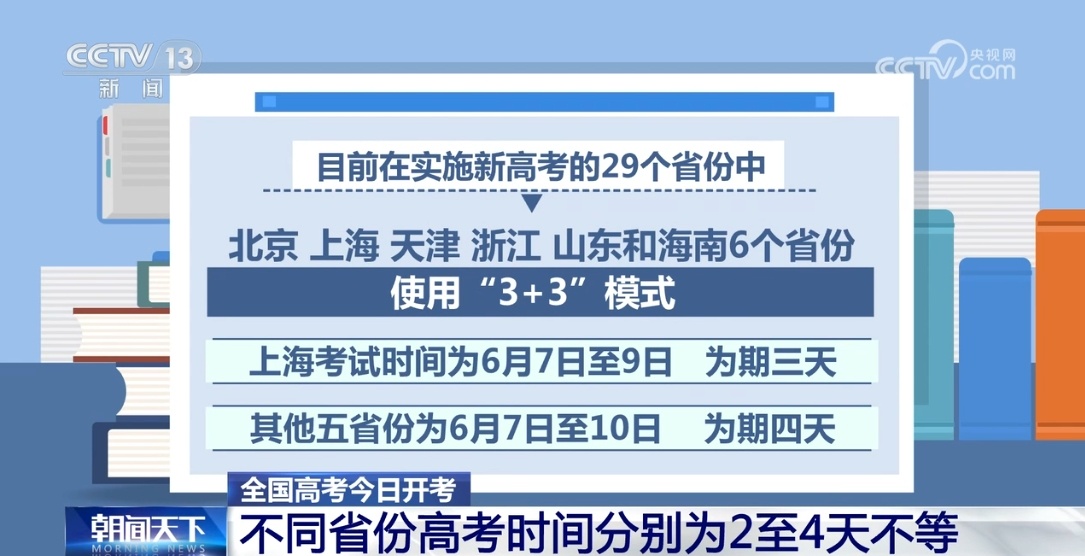 央视网音讯:全国高考今日7日)正式敞开。依据教育部发布的数据,本年有1335万人报名高考。依据组织,本年高考全国统考定于6月7日、8日举办。详细科目考试时刻组织为:6月7日9:00至11:30语文;1
...[详细]
央视网音讯:全国高考今日7日)正式敞开。依据教育部发布的数据,本年有1335万人报名高考。依据组织,本年高考全国统考定于6月7日、8日举办。详细科目考试时刻组织为:6月7日9:00至11:30语文;1
...[详细]
-
 大型融媒体举动“美丽我国 四季行歌”之《春暖花开的我国》继续带您赏大地美景,看美丽我国。每年春季,重庆多地李花践约开放,如雪覆山野,蔚为壮观。当地以“李花节”为枢纽,交融生态旅游与康养休闲,打造“春日
...[详细]
大型融媒体举动“美丽我国 四季行歌”之《春暖花开的我国》继续带您赏大地美景,看美丽我国。每年春季,重庆多地李花践约开放,如雪覆山野,蔚为壮观。当地以“李花节”为枢纽,交融生态旅游与康养休闲,打造“春日
...[详细]
-
 湖北日报讯记者张真真)6月7日至8日,2025年第二十七届我国机器人及人工智能大赛湖北赛区)在湖北人形机器人立异中心数字经济工业园)、武汉工程大学流芳校区举办。其间,人形机器人将进行罚点球、短跑、妨碍
...[详细]
湖北日报讯记者张真真)6月7日至8日,2025年第二十七届我国机器人及人工智能大赛湖北赛区)在湖北人形机器人立异中心数字经济工业园)、武汉工程大学流芳校区举办。其间,人形机器人将进行罚点球、短跑、妨碍
...[详细]

 对美加征84%关税怎么履行 海关总署发布公告
对美加征84%关税怎么履行 海关总署发布公告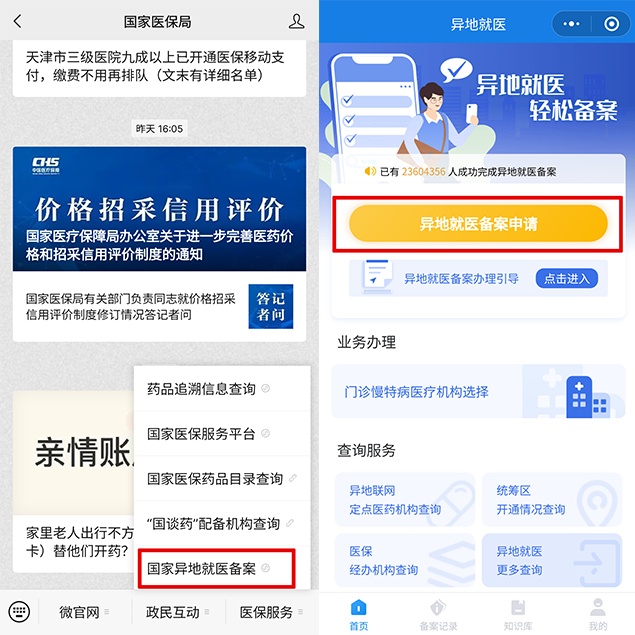 “跨省异地”就医怎么直接报销?官方教程来了
“跨省异地”就医怎么直接报销?官方教程来了 “对话·知音”古琴主题讲座音乐会在莫斯科举办
“对话·知音”古琴主题讲座音乐会在莫斯科举办 泰康人寿宿州中支赔付重疾保险金15万元
泰康人寿宿州中支赔付重疾保险金15万元 工信部:将加速构建促进专精特新中小企业发展壮大机制
工信部:将加速构建促进专精特新中小企业发展壮大机制
